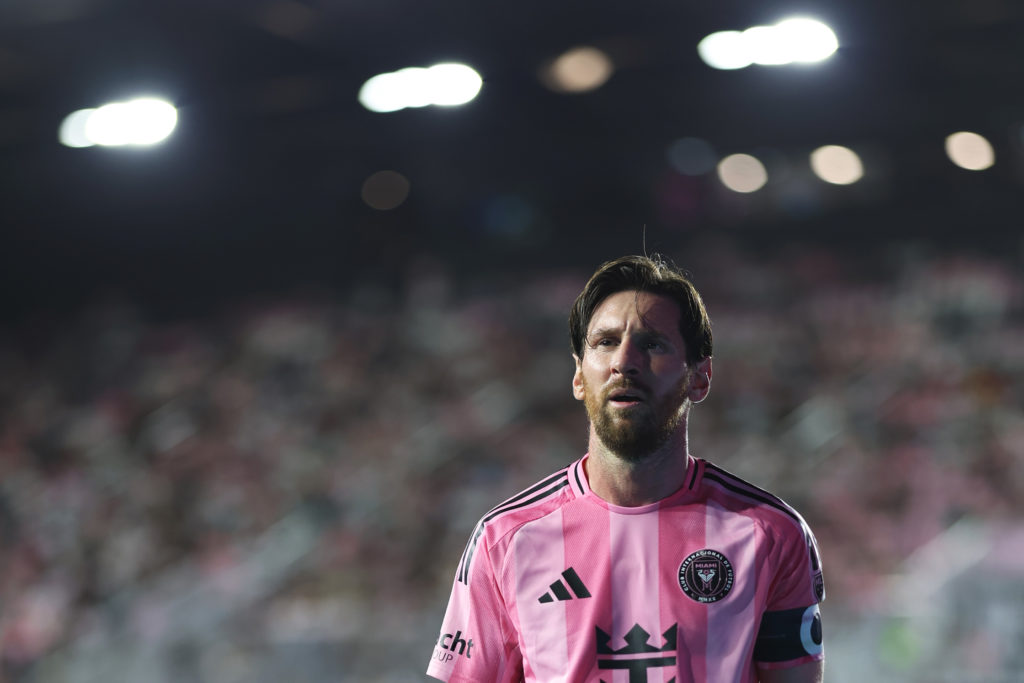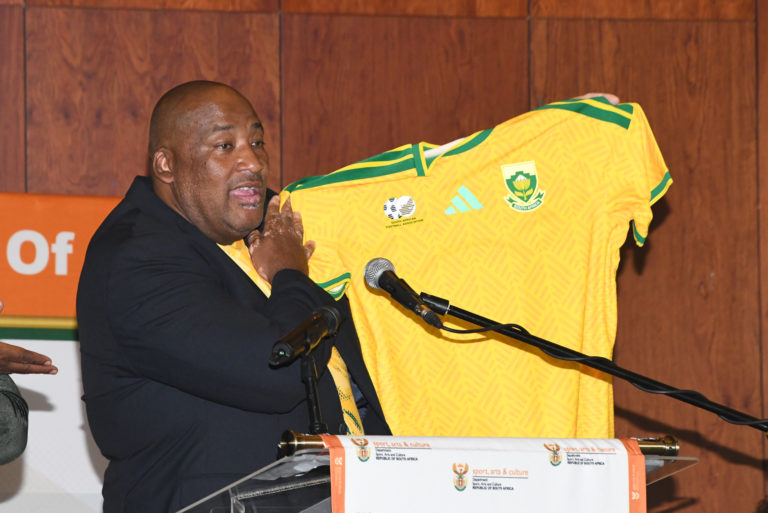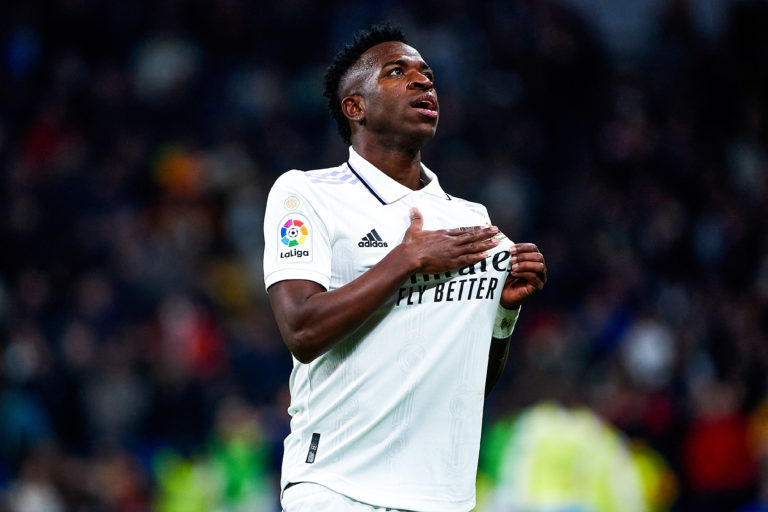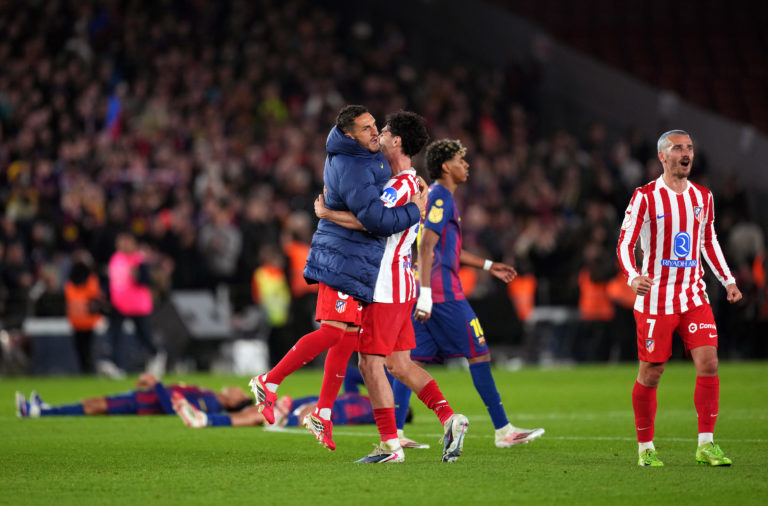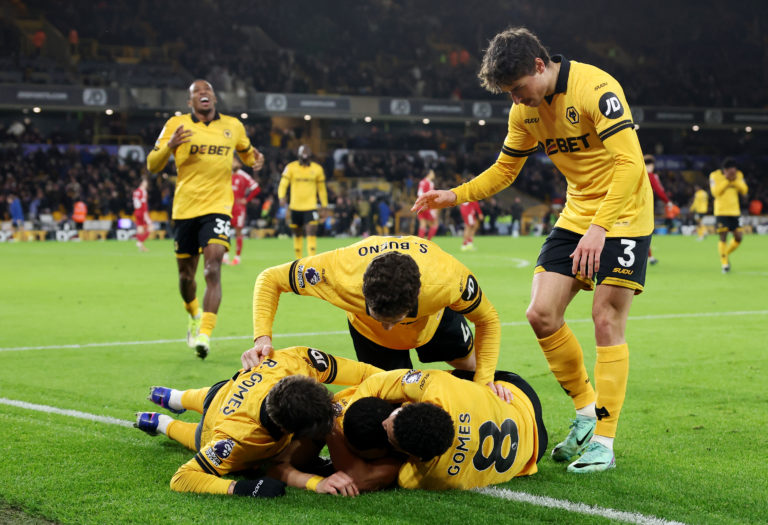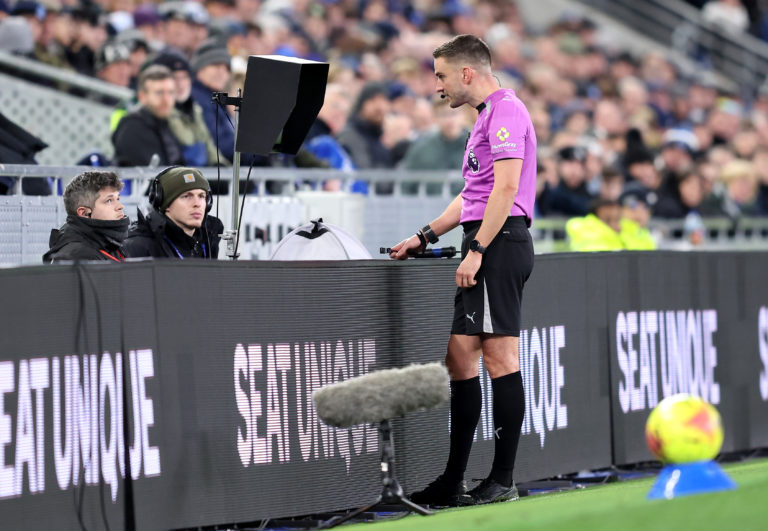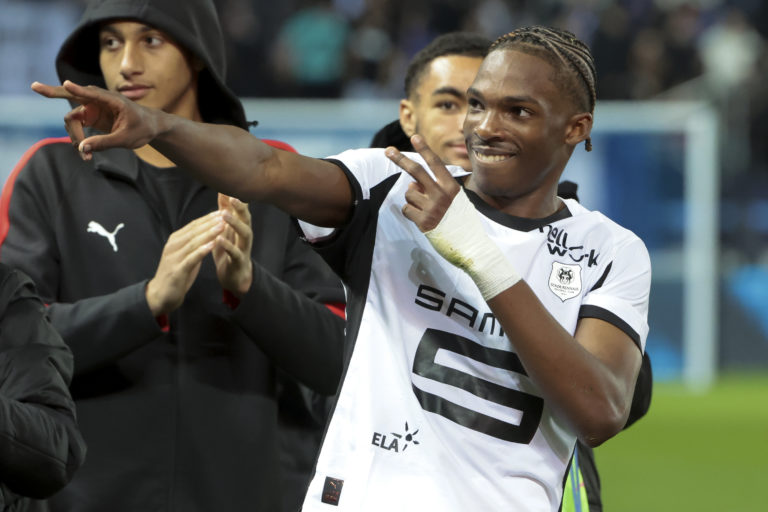A dejected-looking Lionel Messi walked off the field in defeat on Wednesday after his Inter Miami team were exposed in emphatic fashion by a young Vancouver Whitecaps.
The 3-1 loss in the second leg of their CONCACAF Champions Cup semi-final meant a 5-1 aggregate defeat to the Canadian side and no-one who watched the games would question whether the scoreline was a fair reflection of the games.
A Miami team built around Messi and a slew of aging former team-mates from his Barcelona heyday — Luis Suarez, Sergio Busquets and Jordi Alba – backed up mainly by journeymen players from South America, showed their age against a Whitecaps team that was faster and sharper in all areas.
Last year Miami won the Supporters Shield — for the best regular season record in MLS, with a record-breaking campaign but the attempt to squeeze another year out of the tiring legs of the Barca old boys has proven to be a mistake.
The 38-year-old Suarez, who like Messi scored 20 goals in MLS last year, now looks totally spent, his legs no longer able to get him in the positions his experience tells him he needs to be.
Busquets is a sorry shadow of the outstanding midfielder he once was and Alba, while still an attacking threat, appears to have been given permission to ignore his defensive duties.
And while Messi is still well capable of providing highlight reel moments, he is 37 and surely needed willing and hungry, youngsters willing to run all day for him and not the good company of his similarly aged friends.
Coach Javier Mascherano, another old Barca team-mate who also played with Messi in the Argentine national team, amplified the problems by leaving younger, homegrown options on the bench and the Whitecaps gleefully accepted the space left for them on the field.
– ‘They can’t run, can’t defend’ –
“Vancouver showed the weaknesses of Inter Miami. Because they can’t run, they can’t defend, and there’s not a balance in the team. Because five stay up front and the other five try and defend. And they can’t defend,” said Fox television pundit Warren Barton, the former Premier League defender.
Vancouver’s Danish coach Jasper Sorensen was diplomatic in his post-game analysis but there were moments of frankness which revealed the painful truth for Mascherano and Messi.
“I think it is fair to say that we have a younger team and also a team nore capable of running and playing with high intensity,” he said.
“I think we really came out very strong at the start of the second half and exploited that the pitch was very open, they had some players that stayed up front, so we had to defend with a few guys and I just said ‘keep on running, run forward…..”
Miami did indeed have some players that stayed up front, not working back to help in midfield and that is an approach that simply doesn’t work against a high-energy side like the Whitecaps.
Mascherano said he was now turning his focus to the domestic MLS campaign and not even thinking yet about June’s FIFA Club World Cup.
But that challenge will soon be up on Miami, who will open the tournament on global television against Egyptian side Al Ahly before facing Portuguese giants Porto and Brazilians Palmeiras.
If they replicate the performances produced in their two games against the Whitecaps, Miami risk being embarrassed on the global stage.
And for MLS, a league which has worked so hard to loose their reputation as a ‘retirement home’ for old stars from European clubs, there is an obvious danger in their most high-profile club looking too old to keep up.
The Messi moment was supposed to take MLS to the next level — now there is the danger that Miami’s poor recruitment choices actually takes away from the genuine progress that is happening on the field, so well demonstrated on Wednesday by the Whitecaps.
© Agence France-Presse
Photo: Brennan Asplen/Getty Images



